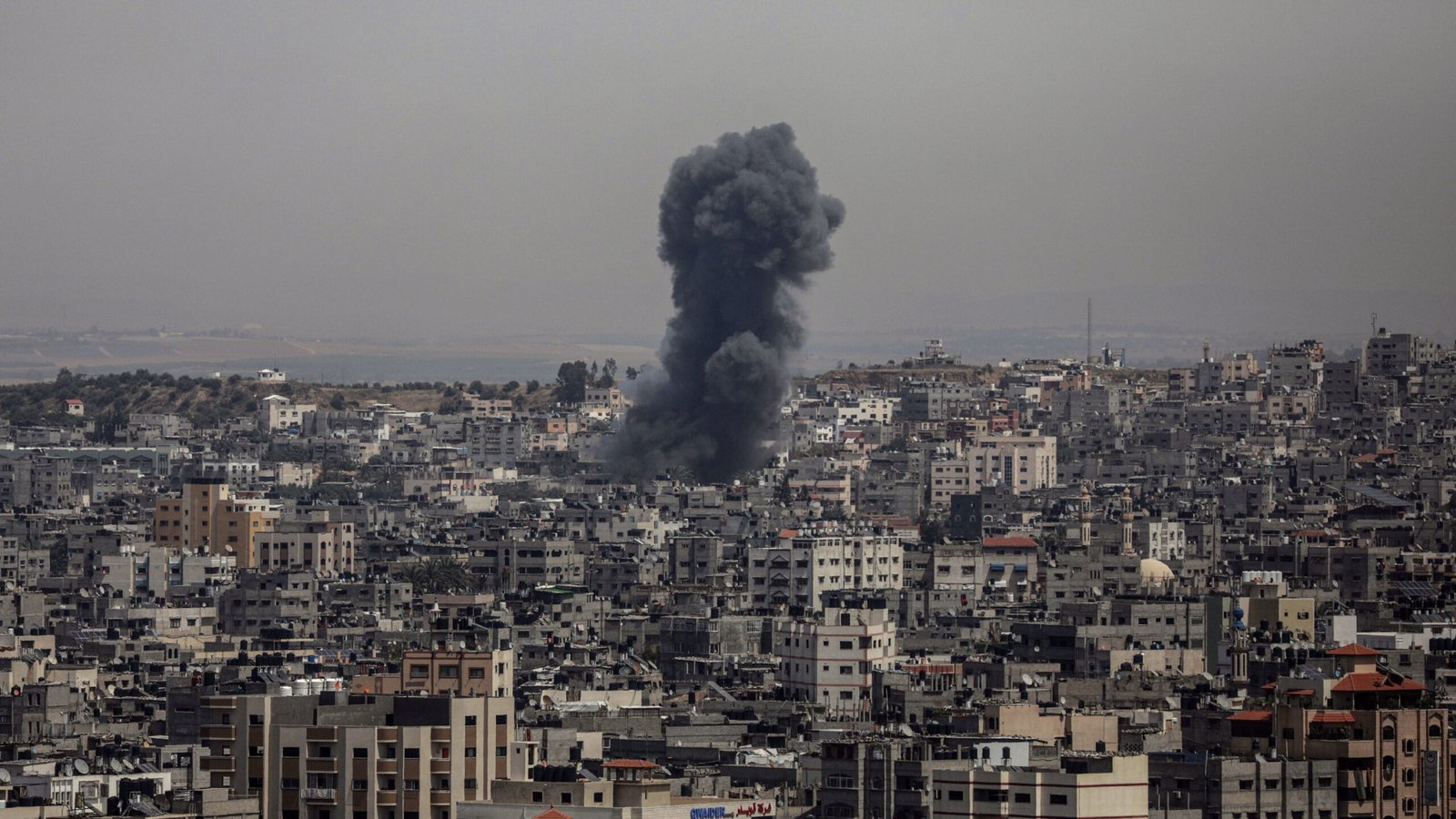### Israel’s Raid into Gaza’s Al-Shifa Hospital: A Complex Intersection of Strategy and Humanitarian Concerns
In a week-long operation that has captured global attention, the Israeli Defense Forces (IDF) conducted what is being described as one of the largest and most successful operations in the ongoing six-month conflict with Palestinian factions in Gaza. The focal point of this military endeavor was Gaza’s al-Shifa Hospital, a facility that has found itself at the heart of controversy and strategic significance.
The IDF’s operation resulted in the detention of over 800 men, with claims that 480 among them are members of Hamas and Islamic Jihad. This distinction between combatants and non-combatants is crucial yet challenging to discern amid the fog of war. The operation also led to at least 170 fatalities, with the IDF asserting efforts were made to avoid civilian casualties—an assertion that underscores the perennial dilemma faced by military campaigns in urban settings.
This raid comes at a pivotal moment when top Israeli defense officials were preparing for discussions in Washington about an offensive into Rafah—a plan now under reconsideration following a UN Security Council ceasefire resolution. Interestingly, this resolution passed despite previous U.S. opposition, highlighting shifting international dynamics concerning this protracted conflict.
#### Assessing Policy Options
In navigating through these turbulent waters, it is essential to consider balanced policy options that address immediate security concerns while laying groundwork for long-term peace.
1. **Enhanced Diplomatic Engagement**: The recent UN Security Council ceasefire resolution—albeit opposed by both Hamas and Israel—signals an urgent need for renewed diplomatic efforts. International actors should leverage this momentum to foster dialogue between conflicting parties, potentially exploring avenues for a durable ceasefire agreement.
2. **Humanitarian Aid and Access**: Ensuring humanitarian access to affected areas like al-Shifa Hospital must be prioritized. International organizations, supported by global powers, can play a critical role in delivering aid while ensuring compliance from both sides to respect humanitarian corridors.
3. **Investigation into Conduct**: Given allegations surrounding civilian casualties and detentions without due process during the raid on al-Shifa Hospital, there calls for an impartial investigation into these actions’ legality under international law could not be more timely or necessary.
4. **Strengthening Civil Society**: Amidst militarized responses lies an often-overlooked avenue—empowering civil society within Palestine and fostering grassroots movements toward peace-building initiatives can create pressure points against extremism from within.
5. **Revisiting Economic Blockades**: The economic blockade on Gaza exacerbates human suffering and fuels resentment; revisiting these measures could alleviate humanitarian distress while incentivizing political concessions from Hamas.
#### Forward-Looking Perspectives
As we navigate through these complex geopolitical landscapes, it becomes increasingly clear that traditional military strategies alone cannot pave the way towards sustainable peace between Israel and Palestine.
A forward-looking approach necessitates embracing multifaceted strategies involving diplomatic finesse coupled with genuine efforts toward addressing underlying issues fueling this enduring conflict—from territorial disputes to mutual recognition concerns.
While operations like those witnessed at al-Shifa Hospital might offer tactical advantages or serve immediate security imperatives for Israel, they also underscore deeper systemic challenges requiring comprehensive solutions beyond militaristic endeavors.
Engagement—not isolation—alongside concerted efforts aimed at bolstering moderate voices on both sides could ultimately forge pathways out of this impasse towards lasting peace.
Indeed, history teaches us that true victory isn’t achieved through conquest but through reconciliation—a lesson all too pertinent as we reflect upon recent events unfolding across Gaza’s troubled landscapes.

Leave a Reply